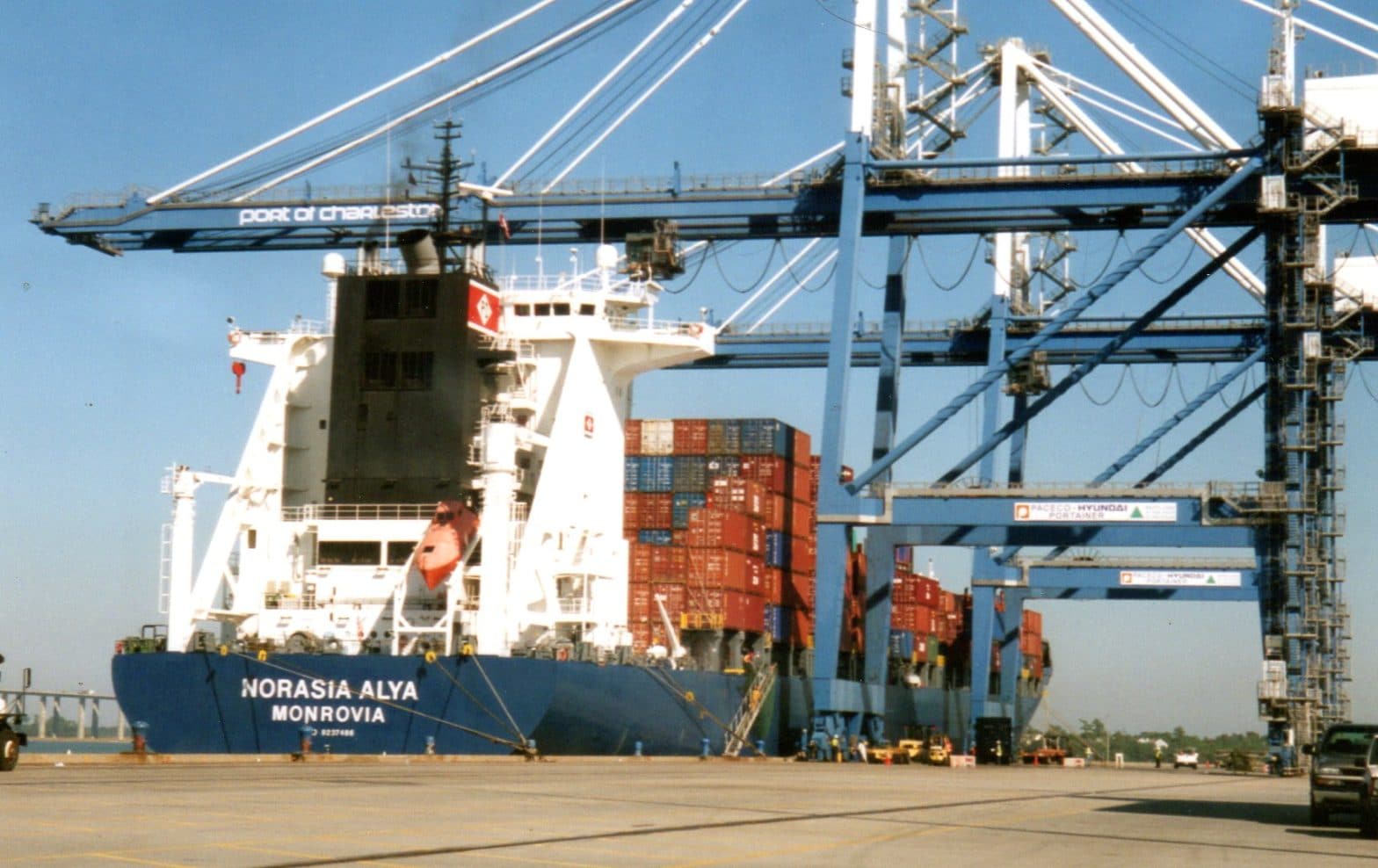As Businesses Struggle, Tariffs Create Avoidable Challenges
COMMENTARY

The past few years have presented challenges for businesses that would have been unimaginable not long ago. A global pandemic, unprecedented supply chain disruptions, and now record inflation have all created new obstacles that businesses have had to navigate to remain competitive without scaling back operations or eliminating jobs.
These challenges have been especially pronounced for businesses that work on a global scale like the one I operate. We are based in Illinois, but as one of the leading producers and breeders of flower seed in the world, our business reach extends well beyond the Midwest. The challenges that affect global trade affect our business, and few of those challenges have caused greater headaches in the past several years than the trade war with China.
When the tariffs were first implemented back in 2018, they were supposed to make U.S. businesses more competitive globally. The problem, however, is that tariffs are a tax that businesses right here in the United States pay to the federal government in order to import a product and, to date, U.S. businesses have paid more than $130 billion in tariffs on imports from China. My business alone has paid almost $1.5 million in tariffs for seed produced in China, excluding what we were able to recover from certain exclusions.
Tariffs are tough on any business, but they are an especially large challenge for businesses like mine, which don’t have any domestic competitors. High barriers to entry in our industry mean that the flower seed companies we compete with are all based in other countries. This means that we must pay tariffs for seed imported from China, but our competitors don’t.
In addition to the cost-prohibitive factors that make it difficult to avoid importing goods from China — like a climate well-suited for growing certain seeds, the high-skilled labor that requires extensive training, and more — the tariffs make things difficult because, unlike businesses in other industries, I cannot pass the costs on to distributors, consumers or anyone else who relies on our business. If we were to raise prices to offset the costs, business would flow to our competitors — and out of the United States altogether. The only choice is to take on the costs ourselves, at the expense of growing our company and hiring more U.S.-based workers.
That puts us at a significant disadvantage and makes us less competitive both here and around the world. And, since we’re the only U.S.-based business in this industry, this disproportionately harms American workers as it disincentivizes bringing certain products into the United States before they move down to distributors or consumers.
The tariffs have been damaging for U.S. businesses across industries, and government leaders need to take steps to eliminate them. President Joe Biden and U.S. Trade Representative Katherine Tai can end this trade war, and it’s absolutely critical that they do. Otherwise, American businesses will continue to foot the bill for this misguided policy, losing their ability to compete, create new jobs and drive economic growth.
At a time when businesses are most vulnerable, the tariffs represent an unnecessary self-inflicted wound that hurts businesses, farmers, manufacturers, consumers and families in every part of the country. Lifting the tariffs would create a vital, much-needed boost for the U.S. economy and alleviate an economic burden that’s been applied for far too long.
Anne Leventry is the president of PanAmerican Seed Company. PanAmerican Seed Co. was started in 1946 in Paonia, Colorado, by Claude Hope, Bob Holley and Charlie Weddle. It is celebrating its 75th anniversary in 2022. You can learn more about its history here or reach them by email, [email protected].






















